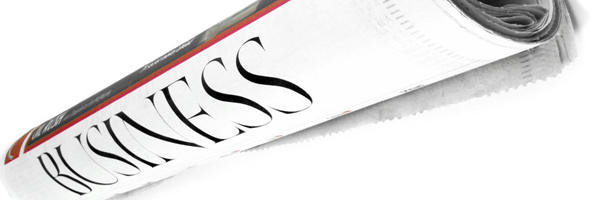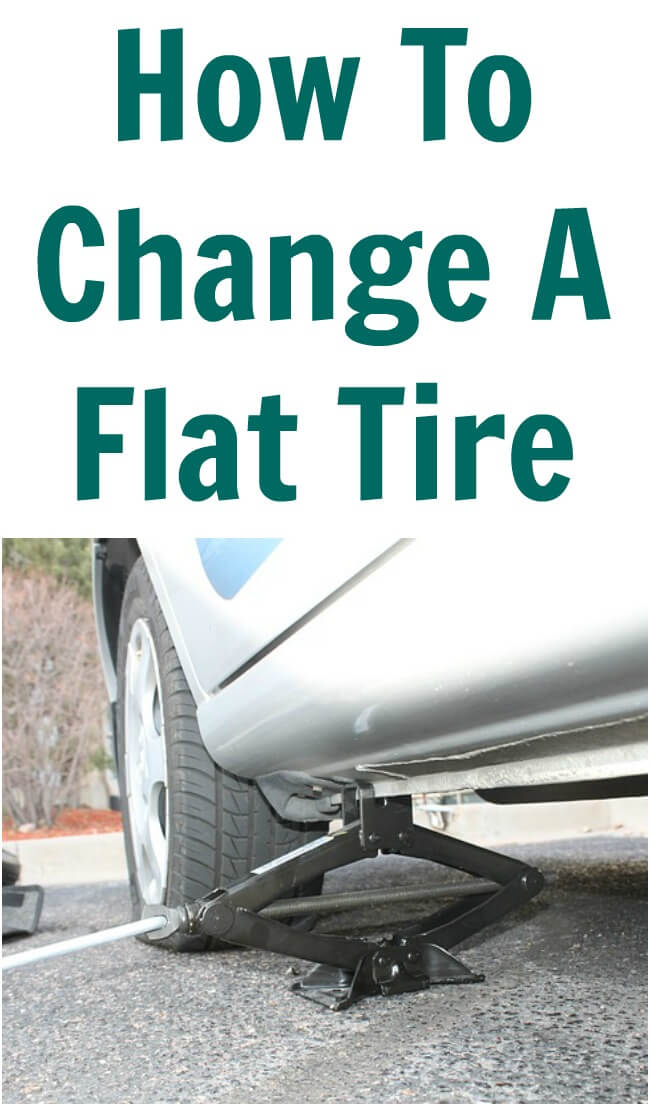Image Source: Pexels
Getting an audit notice from the Canada Revenue Agency (CRA) is a serious matter.
If the CRA audits you, your financial records will be under scrutiny.
They will check if they accurately reflect your income and expenses.
Generally, if you have discrepancies in two or more years of records, you are bound to undergo an audit.
The result of an audit could mean penalties for not filing tax returns properly.
Some may even face jail time of up to five years if proven guilty of tax evasion.
If you have questions about how to prepare for an audit, including what triggers one, this article will fill you in on all the details.
Table of Contents
Reasons for a CRA Audit
Undergoing a CRA audit can be stressful and time-consuming.
If you want don’t want to deal with tax problems with the CRA, make sure you’re not committing any of the following activities:
Failure to report accurate income
Income and deductions are a key part of the CRA’s audit process.
Failure to report accurate income or deductions, the CRA will assume you underreported your income and deduct fake expenses.
The CRA is not looking for minor typos or mistakes in your records.
They want to see clear evidence of what counts as income and how much money was taken out over time.
For example, if you’ve been receiving cash payments from clients or making sales tax purchases with cash.
These transactions should be recorded accurately so the CRA can identify and understand their significance within your business operation.
Ensure you have records of every transaction.
Unusual high credits or deductions
Some businesses will balloon their expenses to have more deductibles and pay lower taxes.
To do this, they will include personal costs as part of the business.
However, the CRA may flag this as an unusual activity, especially if they see your deductions are higher than average.
For example, you made $10,000 and deducted $20,000 as a business expense.
This is usually not a problem.
However, you have many businesses with similar costs.
The auditor may flag this as suspicious activity or “false” claims if they all claim the same as a deduction.
Note that the CRA will often look for consistency in tax returns.
They may request a CRA audit if there’s a sudden rise in income or deductions.
Keep a document of all your business activities so you can have something to show them when they knock on your door.
Refusal to provide business information
It’s not unusual for the CRA to request more details about your tax return.
If they request more information and you fail to comply, it will raise suspicion.
It’s best to give them the data they’re asking for.
Cooperation means you’re not hiding anything.
Do this, and they will rest their case.
Be careful when giving out information.
Make sure the requesting party is indeed from the CRA.
Overuse of tax shelters
Tax shelters are legal. The CRA can write them off as acceptable.
However, they may trigger a CRA audit if they feel the business is overusing it for their benefit.
For example, they will make a tax shelter using a fake non-profit organization.
Some will inflate donation amounts to enjoy higher tax deductions.
Before placing a donation, make sure they belong to a charity recognised by the CRA.
Comply and Prevent a CRA Audit
These are only some possible scenarios that can trigger a tax audit.
You can prevent these by keeping an accurate record of your transactions.
Make sure you’re aware of all your tax obligations. If you notice a tax filing error, address this and amend your return.
It’s worth the effort to remain tax compliant.









Wonderful article, thank you. I work in the Tax Warriors in Toronto